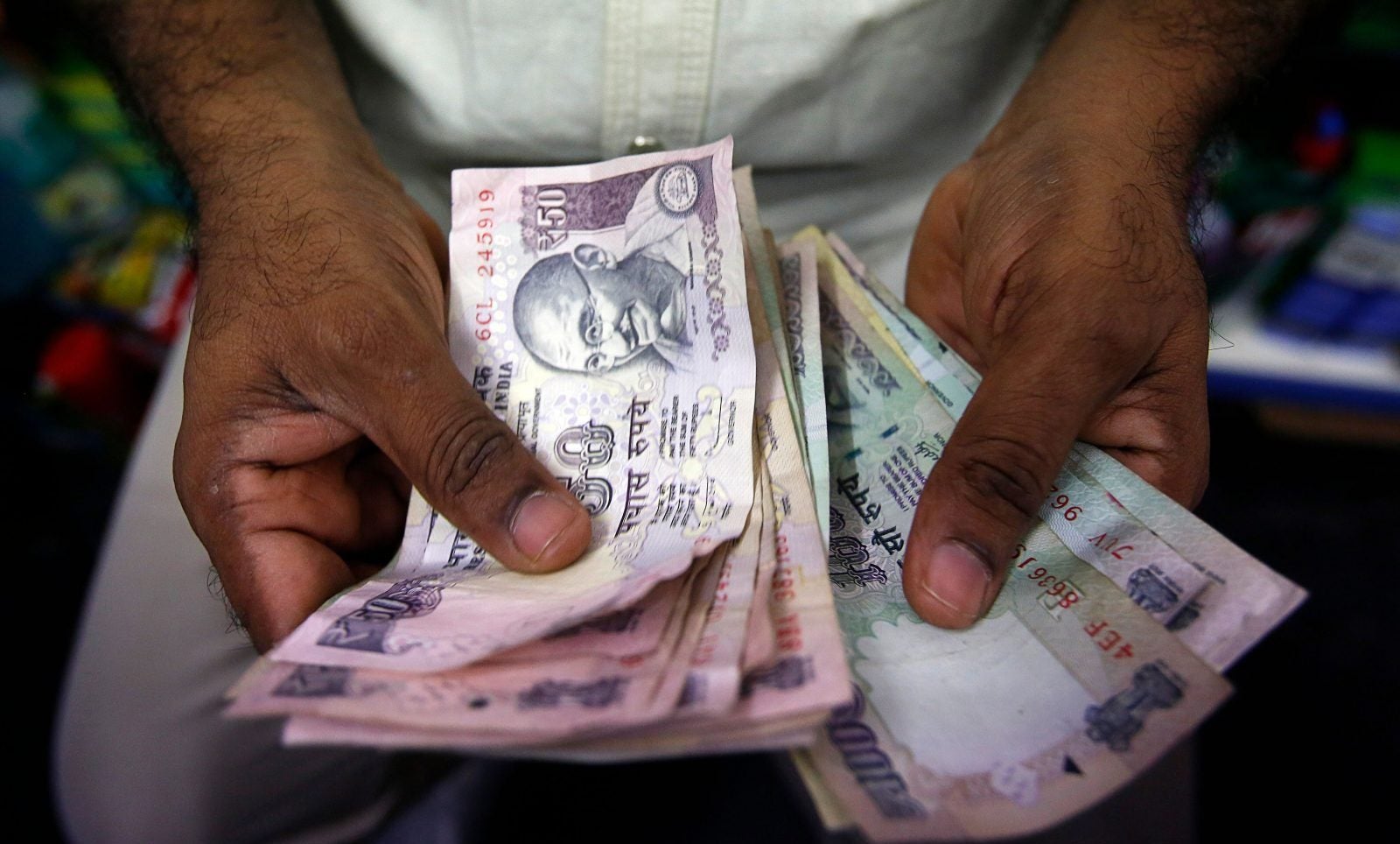Here’s why India’s electoral bonds make political funding even more opaque
India launched a battle against the scourge of black money in political funding when, in 2017, it introduced a scheme called electoral bonds. Two years down the line, though, the problem persists.


India launched a battle against the scourge of black money in political funding when, in 2017, it introduced a scheme called electoral bonds. Two years down the line, though, the problem persists.
While the financial instrument soared in popularity ahead of the ongoing 2019 general elections, it’s not any more transparent than cash donations, given a fatal flaw: the anonymity of donors.
These bonds have, therefore, attracted opposition from several corners.
The Association for Democratic Reforms (ADR), a non-governmental organisation (NGO), had challenged the validity of the scheme in India’s supreme court.
The election commission of India (ECI), too, had weighed in during the hearing saying the introduction of these bonds is a “retrograde step.” Besides donor anonymity, the poll panel expressed concerns over provisions that may allow shell companies and foreign entities to fund and influence Indian political parties and the elections.
Despite the misgivings, the supreme court on Friday (April 12) refused to put a stay on these bonds citing lack of sufficient time for a detailed hearing.
“The rival contentions give rise to weighty issues which have a tremendous bearing on the sanctity of the electoral process in the country,” the bench said in its ruling. “Such weighty issues would require an in-depth hearing which cannot be concluded…within the limited time that is available before the process of funding through the electoral bonds comes to a closure.”
The court also ordered that all parties submit details of the money they’ve raised from electoral bonds to the ECI in a sealed envelope by May 30. Noteworthy here is that the results of the general elections are due by May 23.
This has doused hopes of bringing in transparency to the funding process this election season.
What are electoral bonds?
Electoral bonds were introduced in the budget for financial year 2018. As they route political funds through the formal banking channel, they were touted as a transparent way to raise money.
These bonds can only be purchased from the branches of the State Bank of India (SBI), the country’s largest lender, in denominations ranging from Rs1,000 ($15) to Rs1 crore. The donor can then transfer the bonds into the account of any political party of her choice.
In financial year 2018, the ruling Bharatiya Janata Party (BJP) received Rs210 crore from the scheme, which was 95% of the total bonds issued.
Electoral bonds have been snapped up this year, too. Between January and March, SBI had sold 62% more bonds by value compared with the same period last year. Between March 2018 and January-end this year, donors purchased bonds worth Rs1,407 crore, according to a recent RTI.
To buy and transfer these bonds, the person or entity has to provide some authentication details to the bank but the names of donors are kept confidential, even from political parties.
In its defence, the government has argued that since these bonds are being purchased via a banking channel, the tax authorities will know about it. Hence, they are not completely anonymous, it says.
However, opposition parties have rubbished this argument saying the information on donors is not publicly available, and voters remain in the dark.
“If the voter cannot know who funds a political party—and is therefore in a position to exercise influence over it—then the process of voting is degraded into a farce,” Gautam Bhatia, a lawyer in the supreme court wrote in the national daily Hindustan Times. He added that these bonds are a threat to democracy.
Allegations have also been made that the anonymity feature had been introduced to safeguard the interest of the corporate houses, another claim rejected by the Modi government.
Read Quartz’s coverage of the 2019 Indian general election here.